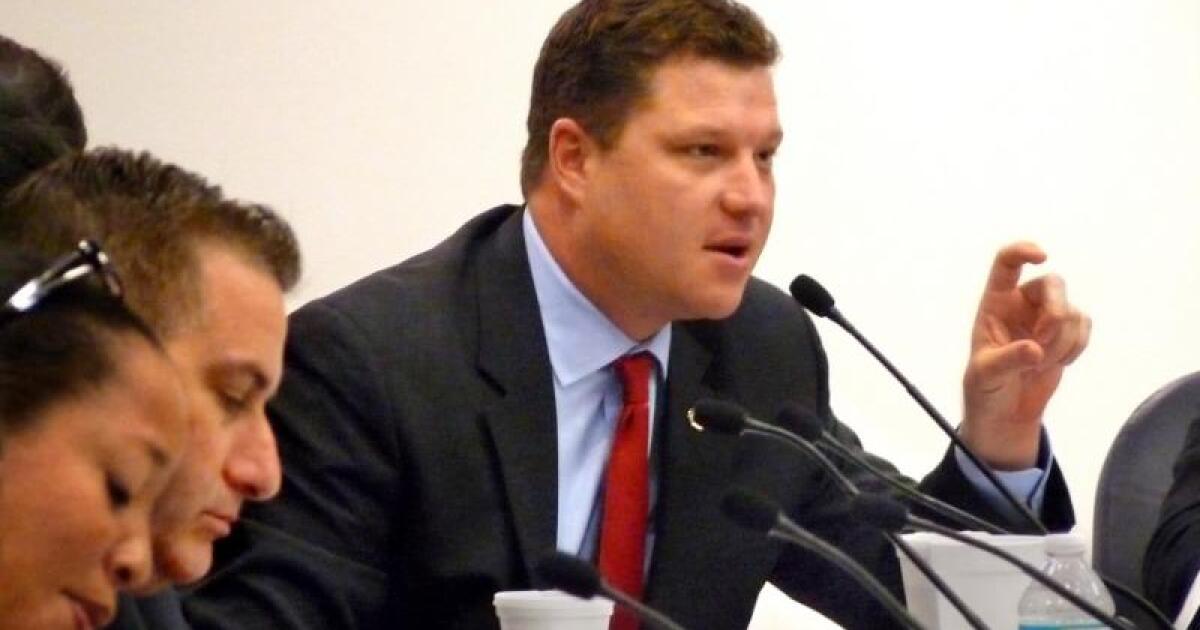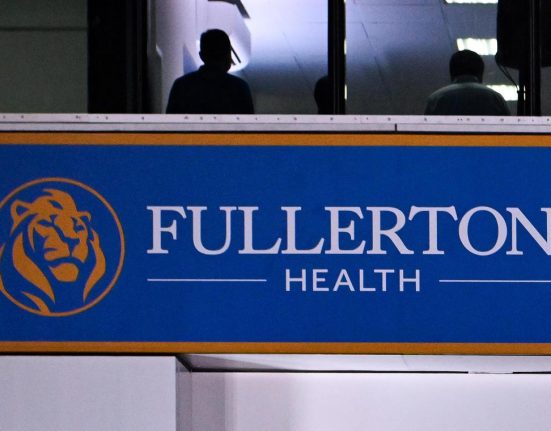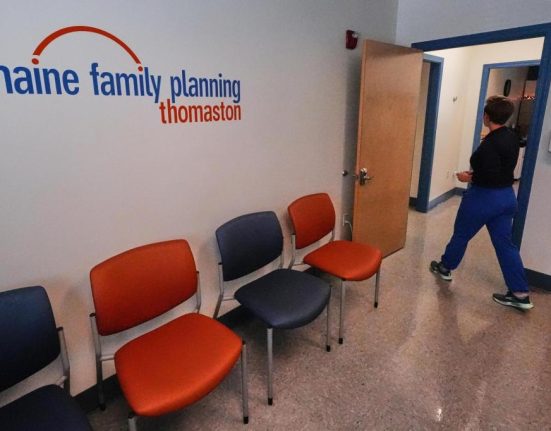Florida home and condo owners pay some of the highest insurance premiums in the nation.
And with the number of storms that have devastated parts of the Sunshine State, it may not be a shock that property insurance is especially crucial for Floridians.
Insurance was also a big topic this past legislative session, with Florida House Speaker Daniel Perez even saying that “property insurance matters to the people of Florida.”
More than 250 bills passed out of the House and Senate — two had some minor connections to home insurance.
ALSO READ: Florida pulls back $2.1 billion in reinsurance money that was expected to go unused
Former State Sen. Jeff Brandes of Pinellas County is the chairman of a new insurance company in Florida: Patriot Select Property and Casualty Insurance Company. With his experience in both sectors, Brandes said on “The Florida Roundup” that there are still minor additional fixes in the industry that are necessary.
Brandes added that he thought the Florida House wanted to go backward. He mentioned legislators talking about reinstating some policies the legislature worked on in 2022 and 2023 to accomplish. One of these was getting rid of the One Way attorney statute in Florida.
He said 49 other states followed what’s called “the American rule,” where everybody pays their insurance fees and litigation fees. Florida was an outlier in the country to the point where the state had 8% of total U.S. property claims but accounted for 80% of the litigation in the country, Brandes added.
We’re really excited about the opportunities in the Florida marketplace, and there’s plenty of room for growth and competition. And that’s frankly what’s going to drive down pricing in Florida.
“You can’t be the most hurricane-prone state and the most litigious state and expect low property insurance rates,” Brandes said. “The math just doesn’t work.”
He added that this litigation was “by far” the No. 1 contributor to the home insurance premiums increasing.
“You can model hurricanes. You can’t model litigation,” Brandes said. “Florida was just overwhelmed with litigation. Nobody could tell you what the hurricane was going to cost, not because of the storm damage. They understood roughly what the storm damage was going to be. It was what would the litigation post storm damage be.”
Brandes said the Tampa Bay and Miami markets are two of the most challenging property insurance markets in Florida.
However, host Tom Hudson described how the rate of increases has slowed down here in Florida, but is still high compared to premiums in other states.
Why the state property insurance market could be improving
Brandes agreed with this and said he believes the property insurance market is getting better.
The reason? The number of companies, he said.
According to Brandes, 13 companies have formed in the state since 2022. One of which is the company he chairs. But he added that this influx of companies is something that he hasn’t seen in years.
Brandes said Patriot Select Property and Casualty Insurance Company is focusing on the standard homeowners policy, HO-3, to begin with. There’s a hope to grow into other products over time.
He added that the company is looking to ensure single-family homes between $250,000 to $2.5 million. There are also certain roof age range requirements in the policies, but Brandes did not allude to what those were.
ALSO READ: Congresswoman Frederica Wilson pitches legislation to alleviate national property insurance crisis
“We’re really excited about the opportunities in the Florida marketplace, and there’s plenty of room for growth and competition,” Brandes said. “And that’s frankly what’s going to drive down pricing in Florida.”
The former senator also mentioned that the state’s insurance company, Citizens Property Insurance, has fewer policies than it did a few years ago. According to its website, the not-for-profit company is designed to provide property insurance to eligible Florida property owners unable to find insurance coverage in the private market.
Brandes said in 2022, Citizens had 1.4 million policies, adding that it had half a trillion dollars worth of risk on the books. He mentioned that this has now come down to a level they expect. By the end of this year, it could be down as low as $650,000 in policies.
“And I think could actually be lower than that, which is incredibly positive,” Brandes said.
“We’re really excited about the opportunities in the Florida marketplace, and there’s plenty of room for growth and competition,” Brandes said. “And that’s frankly what’s going to drive down pricing in Florida.”
Why a state-licensed insurance carrier could be beneficial
When it comes to the type of insurance, Brandes recommends having an “admitted carrier,” meaning it’s state-licensed. This compares to an Excess & Surplus carrier (E&S), which is not required to comply with the state’s insurance laws and regulations.
Brandes said the reason he recommends having a state-certified carrier is due to the benefits. One of those includes having Florida Insurance Guarantee Association (FIGA) protection.
“If an E&S carrier fails to pay your claim and goes bankrupt, then there is essentially no protection out there for you,” Brandes said.
He added that FIGA will pay a portion of a claim if your insurance company goes bankrupt.
ALSO READ: Florida-based insurers lost millions while affiliate companies made billions, a state report finds
“I think the state deserves a carrier that is focused on the state of Florida, with executives that have deep experience in the state of Florida,” Brandes said.
He said more carriers are better.
And overall, the former senator is of the belief that if there are no major storms this year in Florida, the rate and potentially the premium could go down.
“The market is improving. Things are getting better in Florida, and let’s hope we have no storms this year,” Brandes said.
However, there’s a caveat. The challenge could come from home prices and the cost to replace and repair homes going up, he said. So, even if the insurance rate drops, the premium could go up because of the replacement cost and home value.
“We don’t know what’s going to happen with tariffs. We don’t know what the impacts of ICE raids on labor are going to be in Florida. Your insurance company doesn’t know that,” Brandes said. “It’s a unique product in the marketplace where we don’t know what our cost of goods sold are.”
This story was compiled from interviews conducted by Tom Hudson for “The Florida Roundup.”
Copyright 2025 WUSF 89.7







